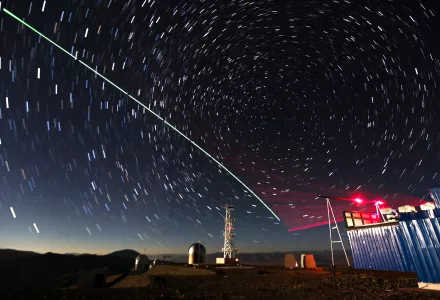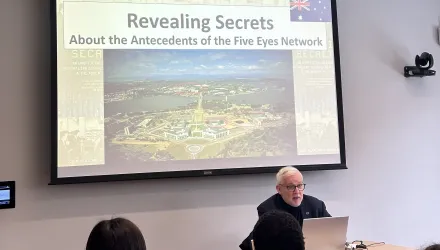The Honorable Mike Rogers, Former Chairman of the House Permanent Select Committee on Intelligence
Mike Rogers is a former member of Congress representing Michigan's Eighth Congressional District, officer in the U.S. Army, and FBI special agent. He is a highly sought-after expert on national security issues, intelligence affairs, and cybersecurity policy. He advises multiple boards and academic institutions, working to enhance America’s strength and security.
Rogers built a legacy as a tireless and effective leader on counterterrorism, intelligence and national security policy from his years of service in the U.S. House of Representatives, where he chaired the powerful House Permanent Select Committee on Intelligence (HPSCI).
As chairman of HPSCI, he authorized and oversaw a budget of $70 billion that funded the nation's 17 intelligence agencies. In Congress Rogers was–and remains–a prominent leader on cybersecurity. During his tenure he shepherded multiple cybersecurity bills through the legislative process, greatly enhancing America’s cybersecurity posture.
In Congress, Rogers worked across the aisle with two presidents, Congressional leadership, countless diplomats, military service members, and intelligence professionals to ensure the brave men and women who fight for our nation are equipped with the resources necessary to get the job done. Washington Post columnist David Ignatius remarked, Mike was "a rare example of bipartisanship."
He founded the Mike Rogers Center for Intelligence & Global Affairs, within the Center for the Study of the Presidency and Congress. In addition to his appointment as a Senior Fellow at Harvard Kennedy School's Belfer Center, he is a Distinguished Fellow and member of the Board of Trustees at the Center for the Study of the Presidency and Congress, a Distinguished Fellow at the Hudson Institute, and a member of the Advisory Board for George Mason University’s National Security and Law Policy Institute.
A regular CNN national security commentator, Rogers hosts CNN’s “Declassified” and regularly contributes to major print outlets such as The New York Times, The Washington Post, and The Wall Street Journal.
Rogers is a 1985 graduate of Adrian College. He is married to Kristi Rogers and has two children.




